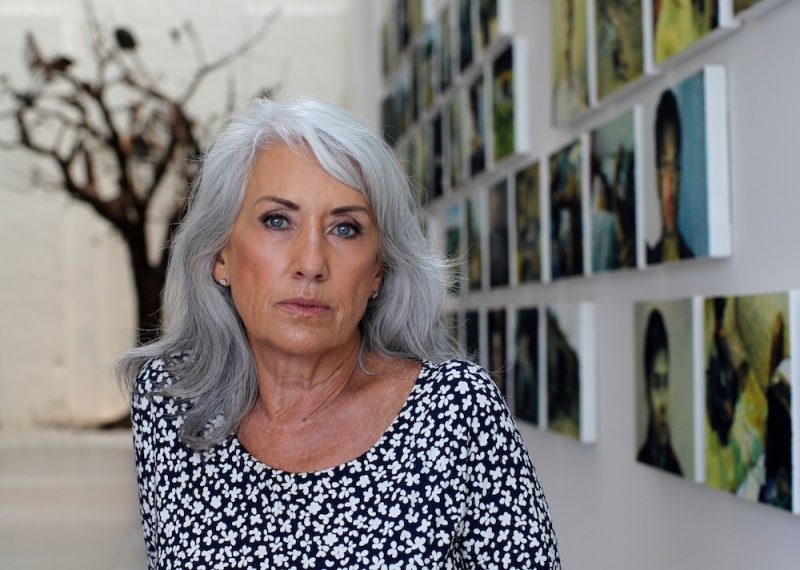ABC, The Guardian and SMH among the recipients of the first Judith Neilson Institute journalism grants
The inaugural winners of the Judith Neilson Institute for Journalism and Ideas grants have been announced with eight titles winning an undisclosed figure to help further quality journalism.
The initial round of grants cover a range of media organisations and activities from major international projects to small, local initiatives.

Judith Neilson launched the Institute in 2018
Credit: Janie Barrett

